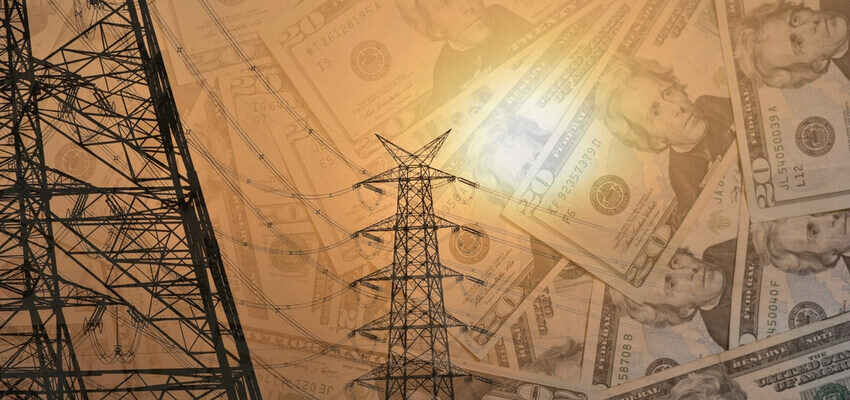Nigeria’s DISCOs get $500 M support
Nigeria, Abuja: The World Bank has approved $500 M to support the government of Nigeria in improving its electricity distribution sector.

Image for illustration purposes
Nigeria, Abuja: The World Bank has approved $500 M to support the government of Nigeria in improving its electricity distribution sector.
The project will help boost electricity access by improving the performance of the Electricity Distribution Companies (DISCOs) through a large-scale metering programme. In addition, financial support will be provided to private distribution companies only on the achievement of results in terms of access connections, improved financial management and network expansion.
Nataliya Kulichenko, World Bank task team leader for the project, explained: “The programme will only be eligible to those DISCOs that transparently declare their performance reports to public with actual flow of funds based on strict verification of achieved performance targets by an independent third party.”
Eighty-five million Nigerians do not have access to grid electricity. This represents 43 % of the country’s population making the West Africa country the largest energy access deficit in the world.
The lack of reliable power is a significant constraint for citizens and businesses, resulting on annual economic losses estimated at $26.2 M (₦10.1 T).
Shubham Chaudhuri, World Bank Country Director, commented: “Improving access and reliability of power is key to reduce poverty and unlocking economic growth in the aftermath of the global COVID-19 pandemic.”
The Nigeria Distribution Sector Recovery Programme (DISREP) will help improve service quality, as well as the financial and technical performance of distribution companies by providing financing based on performance and reduction of losses.
This project complements the support provided under the Power Sector Recovery Operation approved in June 2020.
Specifically, it will ensure that distribution companies make necessary investments to rehabilitate networks, install electric meters for more accurate customer billing and to improve quality of service for those already connected to the grid. The programme will reduce the CO2 emissions of the Nigerian power sector by reducing technical losses, increasing energy efficiency, replacing diesel and biomass with grid-electricity, and investing more in on- and off-grid renewable energy.
Source: ESI Africa




